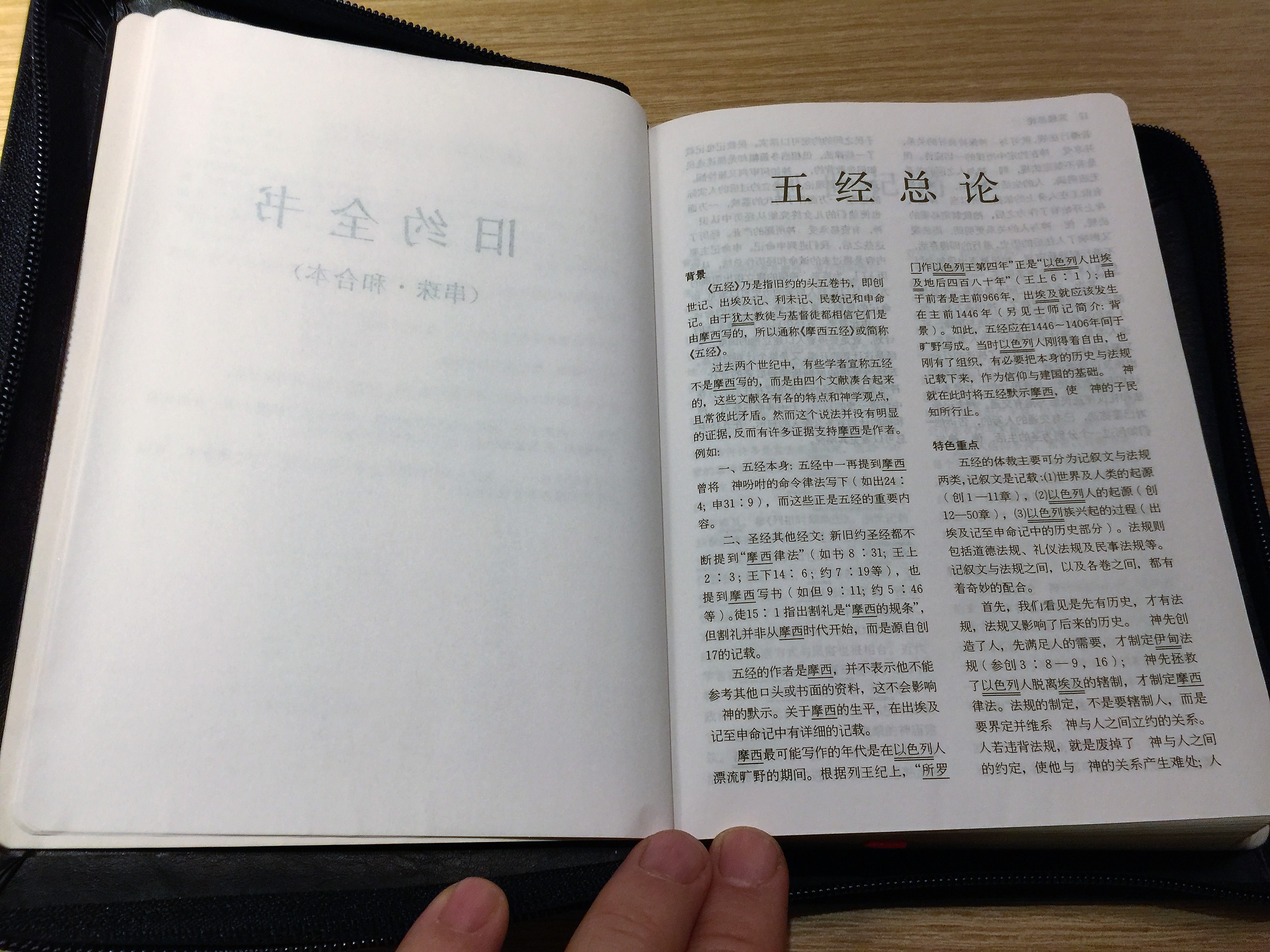
9 Regional, minority, and tribal languagesĬhristianity was introduced to China by the Church of the East, also called the Nestorian Church, in the 7th century and they appear to have begun translating the Bible immediately.6 Chinese Union Version and other Protestant versions.5 Later nineteenth century: controversy and development.2 Early nineteenth-century Protestant translations.The Bible, especially the Old Testament, also offered Chinese revolutionaries such as the leaders of the nineteenth-century Taiping Rebellion an apocalyptic vision of social justice on which to base their claims. The task of translation motivated missionaries to study Chinese closely, contributing to the development of Sinology. Since regional languages or dialects could not be adequately written using Chinese characters, phonetic systems and type faces had to be invented Christian texts were often the first works to be printed in those languages. Translations designed to be read aloud were significant not only for Christian believers, but for Chinese who wanted models for writing in the vernacular. Access to the Bible in their own language made it easier for Chinese to develop forms of Christianity not dependent on missionaries and foreign churches. Progress on a modern translation was encumbered by denominational rivalries, theological clashes, linguistic disputes, and practical challenges at least until the publication of the Protestant Chinese Union Version in 1919, which became the basis of standard versions in use today.Īlthough the motive for making translations was to spread the Gospel, there were further consequences. The first translations may have been made as early as the 7th century AD, but the first printed translations appeared only in the nineteenth century.

Baller, Liu Dacheng, Chauncey Goodrich (Missionary), Zhang Xixin, Calvin Wilson Mateer, Wang Yuande, Spencer Lewis, and Li Chunfan īible translations into Chinese include translations of the whole or parts of the Bible into any of the levels and varieties of the Chinese language. Union Version Committee 1906 Frederick W.


 0 kommentar(er)
0 kommentar(er)
